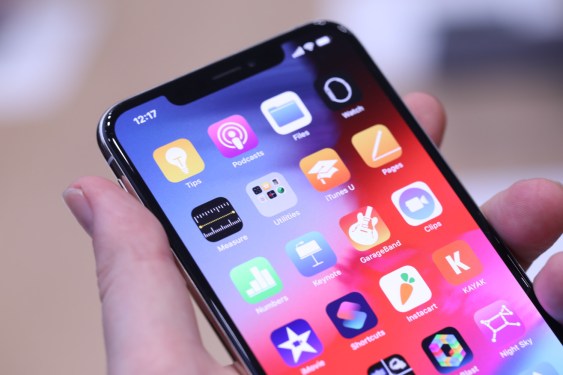Beautygate Exposed: Apple’s iPhone XS and XS Max Selfie Controversy
Last month, the tech world was abuzz with reports that Apple was secretly applying beauty filters to selfies taken on its flagship iPhones, the XS and XS Max. The rumors sparked a heated debate, with many users wondering if they were being subtly Photoshopped into looking younger or more radiant than their true selves. Dubbed "Beautygate," the scandal made headlines across the globe, but it turned out that Apple’s involvement was not as intentional as initially thought.
The Real Reason Behind the Soft Focus
As it turns out, the soft focus and beauty-like effects observed in selfies were not a result of deliberate manipulation by Apple, but rather a side effect of a software bug. According to reports from The Verge, the issue stems from an error in the HDR (High Dynamic Range) processing on the iPhone XS and XS Max, which has been defaulting to a longer shutter speed.
How it Affects Your Photos
This default setting is causing two problems:
- Loss of Front-Facing OIS (Optical Image Stabilization): This feature helps reduce blur caused by camera shake, ensuring sharper images in low-light conditions. However, due to the bug, the front-facing camera has lost this capability.
- Shakier Images and Blurrier Photos: The longer shutter speed is leading to shakier images and a noticeable loss of clarity, which can be frustrating for users who rely on their smartphones for capturing high-quality photos.
Apple’s Response and Solution
Apple has since confirmed the fix with TechCrunch, stating that it will address this issue in the upcoming iOS 12.1 update. The beta version of the update is already available to developers, and it should roll out to everyone else soon. This solution aims to correct the HDR processing bug, thereby resolving the issues caused by the default shutter speed.
What You Can Expect from the Fix
With the release of iOS 12.1, users can expect their selfies to return to normal, without any additional soft focus or beauty-like effects. The update should also restore the front-facing OIS feature, ensuring sharper and clearer images in low-light conditions.
Conclusion
While the Beautygate scandal may have been more of a software glitch than an intentional attempt by Apple to enhance users’ selfies, it has sparked an important conversation about image processing and the potential impact on user experience. As technology continues to evolve, it’s essential for manufacturers like Apple to prioritize transparency and address any issues that arise from their products.
What Do You Think?
Share your thoughts on the Beautygate scandal and Apple’s response in the comments below!
